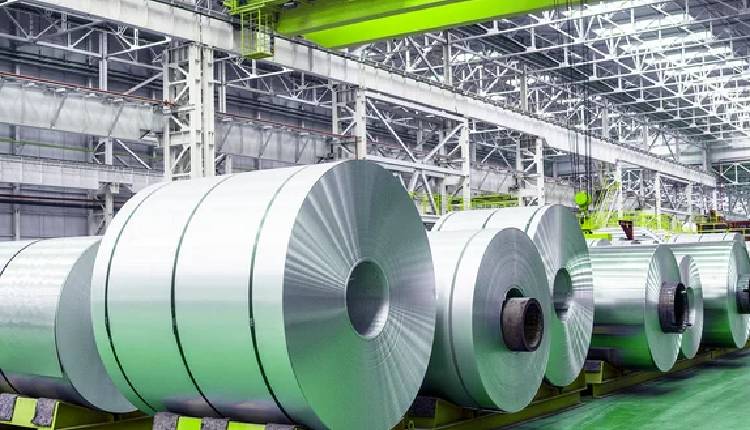Germany’s Thyssenkrupp announced on Monday that it is reassessing its green steel production plans, raising concerns about its hydrogen-based decarbonisation strategy.
The company’s shares fell 4 per cent following this announcement, reflecting the difficulties German industries face in meeting emissions targets while remaining competitive against Asian rivals, which benefit from lower energy costs.
The review comes after a report from the German business daily Handelsblatt, citing internal documents that suggest the company may halt a €3 billion ($3.3 billion) hydrogen-based direct reduction project, pivotal to its decarbonisation efforts.
Thyssenkrupp Steel Europe (TKSE), partially owned by Czech billionaire Daniel Kretinsky, had previously warned that the Duisburg project could exceed initial cost estimates.
The project is backed by approximately €2 billion from the German government and the North Rhine-Westphalia state, with Thyssenkrupp affirming that any potential cost increases would not affect these subsidies.
Germany’s Economy Ministry stated that grants are contingent on recipient commitments, ensuring adherence to obligations.
Despite ongoing challenges, Thyssenkrupp reiterated its intention to proceed with the Duisburg site. However, internal disputes regarding funding for the steel division have led to leadership resignations, underscoring the urgency for a viable financial strategy moving forward.
Attribution: Reuters
Subediting: M. S. Salama


